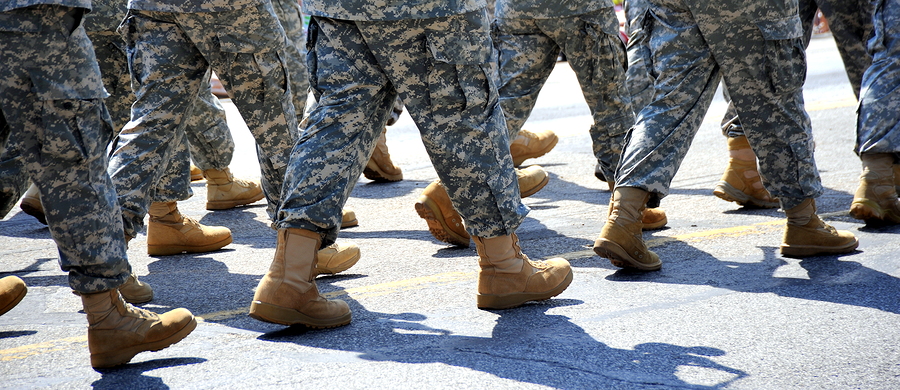On February 1, 2016, the Army Court of Criminal Appeals released an opinion in the case of United States v. Ducksworth[1], No 201507690. In the Ducksworth case, the alleged victim requested that the appellate court set aside the military judge’s ruling and to declare her mental health records, which had been the subject of the ruling, to be inadmissible at trial.
In the underlying case, the accused, Sergeant Ducksworth, was charged with allegedly committing sexual offenses against two victims. In September 2015, the military judge ordered the government to produce all of the victim’s records maintained by the Alaska Office of Child Services as well as two civilian mental health providers. Those records were ordered to be produced although the alleged victim had not been afforded a hearing she was entitled to under the Military Rules of Evidence.

Greg Gagne, Military Lawyer. Call (773) 899-2514 now for a FREE consultation.
The Army Court of Criminal Appeals’ Memorandum sets forth a detailed analysis of Rule 513(e)(4) as it relates to the disclosure of privileged communication before ultimately finding that the victim’s “right to relief is clear and indisputable, and that relief is appropriate.” The court declined to deem the records inadmissible at trial, however. The appellate court merely overruled the trial judge’s order. Further proceedings – with adherence to Rule 513(e) – on this issue have been permitted.
Application of Military Rules of Evidence
This case illustrates the often complex application of the Military Rules of Evidence in military criminal cases, rules so complex they can confuse a military judge. Although the Court’s February 1, 2016, Ruling applies primarily to the victim and the release of her confidential mental health records, the ramifications of this ruling will have long-lasting consequences for the underlying trial. The complexities of the evidentiary rules make it imperative that you speak to a military defense attorney in the event that you are charged with a military crime.
Call Gagne, Scherer & Associates, LLC today to schedule a consultation with a civilian military criminal defense lawyer.
Any military criminal charge is extremely serious. Military members that have been accused of these crimes should retain legal counsel as soon as possible. To schedule a free case evaluation with one of our military criminal defense attorneys, call our office today at 877-867-5247.
References:



